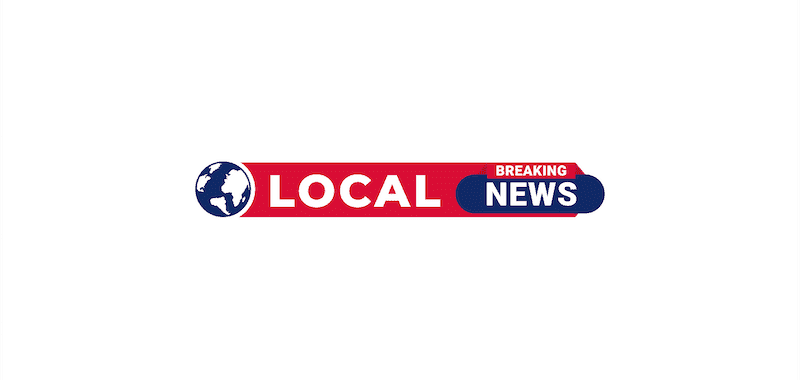America has a systemic and pernicious problem: health care without primary care. Just a century ago, primary care physicians were the trusted cornerstone of the U.S. health care system, providing the first point of entry into health care, addressing most ailments, and managing patients across a lifespan. This primary care “first” system has gradually eroded over the ensuing decades, and unfortunately, many citizens have fallen victim to a modern culture that undervalues primary care as a crucial service. There are valid reasons for this evolution, but there are also unintended consequences — including an obsession with quick fixes like subspecialty care, procedures, and pharmaceuticals, which breed preventable, avoidable, and siloed care, costing us both money and health.
The roots of this problem run deep. Flawed payment models and the rise of third-party health insurance structurally undervalue primary care, leading to a shrinking workforce and limited access. As the cadre of primary care professionals dwindles, those who remain are often overwhelmed, disillusioned, and burned out. The outcome of this is a primary care system in chaos: fewer primary care doctors, long delays for care, packed waiting rooms, rushed doctor visits, stressed-out doctors and patients, and a culture that views primary care as little more than a factory for pills and referrals. With a crisis-level primary care shortage, this is a brewing health care disaster, which has the United States in a life expectancy crisis while excessive health spending is projected to rise by 5.4% per year over the next decade.
Is there hope? Can we rebuild trust and faith in our primary care system? The issue has proven too complex for our current political apparatus to address. We have a Surgeon General, we have an administrator for the Centers for Medicare & Medicaid Services, we have a Secretary of the Department of Health and Human Services, and yet we have a health system too costly for our nation and our citizens to bear, which performs abysmally on health system performance metrics relative to peer nations, and no one accountable for it.
This warrants a bold call to action. Instead of continuing to workshop solutions through incremental adjustments to various silos that take years to implement or only nibble at the edges of a confounding nationwide problem, the time has come for drastic intervention.
America needs a primary care czar — a leader with expertise in primary care principles, health policy, and care delivery design — who is resourced and empowered with authority to take necessary action. This person would develop a clear and prioritized bipartisan agenda to restore the health of the nation by revitalizing primary care and be accountable for improving the efficiency and effectiveness of the entire system. Key initiatives would include investing in primary care, expanding the primary care workforce, reducing administrative burdens, and educating the public about the benefits of primary care. Local communities would also be empowered to ensure access to primary care for all residents.
To illustrate the impact of such a leader, we can look to the country of Australia, which has a much better-performing health system, ranked first in the world for health outcomes among developed nations. Australia has a Deputy Secretary for Primary and Community Care, responsible for policies and programs relating to primary care, population health, mental health, and cancer screening and prevention. The Deputy Secretary reports directly to the Secretary of Health, with key subordinate departments for Primary Care, Primary Care Access, Primary Health Networks, Primary Care Reform, Allied Health & Service Integration, and more. There is no parallel program of primary care ownership in the United States; not a single government leader is accountable for the integrity and effectiveness of primary care services in America.
Picture a health care system where you have an accessible health advisor, someone who knows your whole medical history, advocates for you, and partners with you toward optimal health. A trusted guide who can help you navigate health care’s complexities, explain the foreign language of medicalese, and help you sort through tough health decisions. Primary care is the overlooked promise of health care and possibly our most powerful and underutilized resource for a healthier future.
Realizing primary care’s potential is not just a health care issue; it’s a societal one. We need a national conversation about the importance of primary care, one that transcends political divides and focuses on building a healthier future for all. Perhaps then we can finally appreciate the true value of having a trusted advisor by our side, guiding us toward a healthier, happier life.
Kyna Fong is a health care executive.


